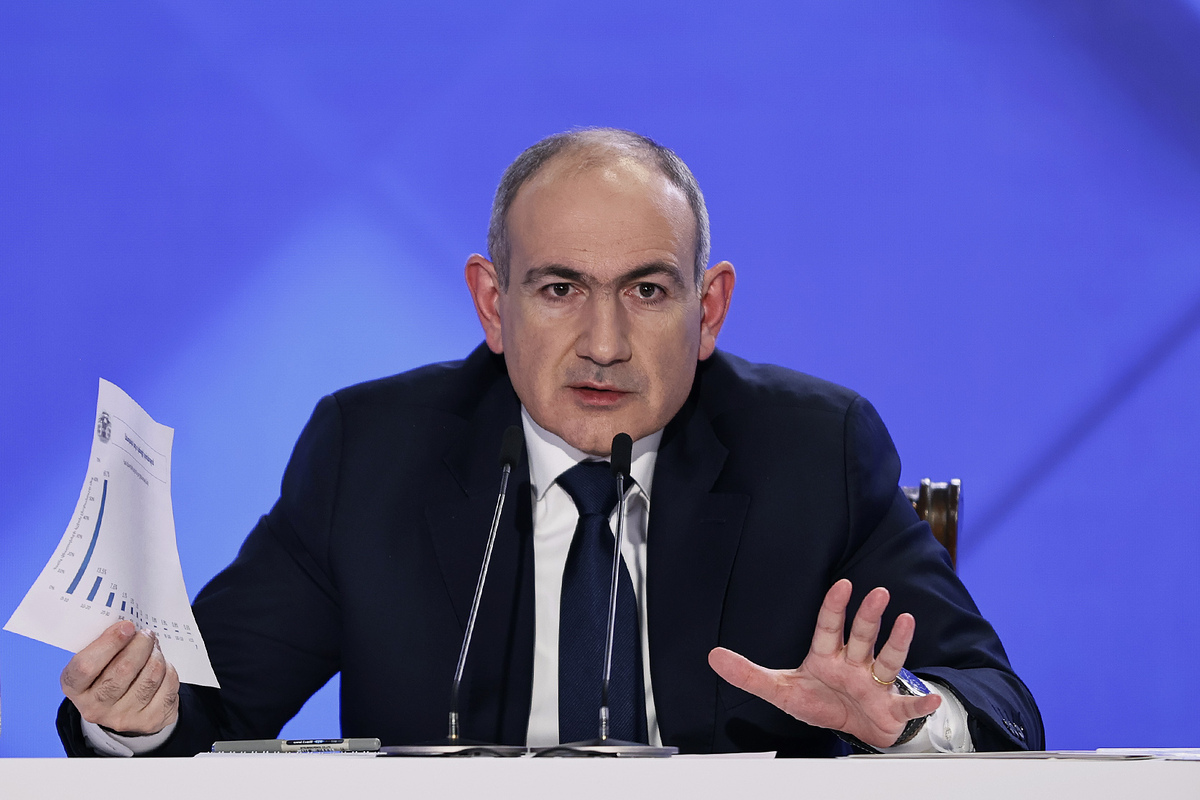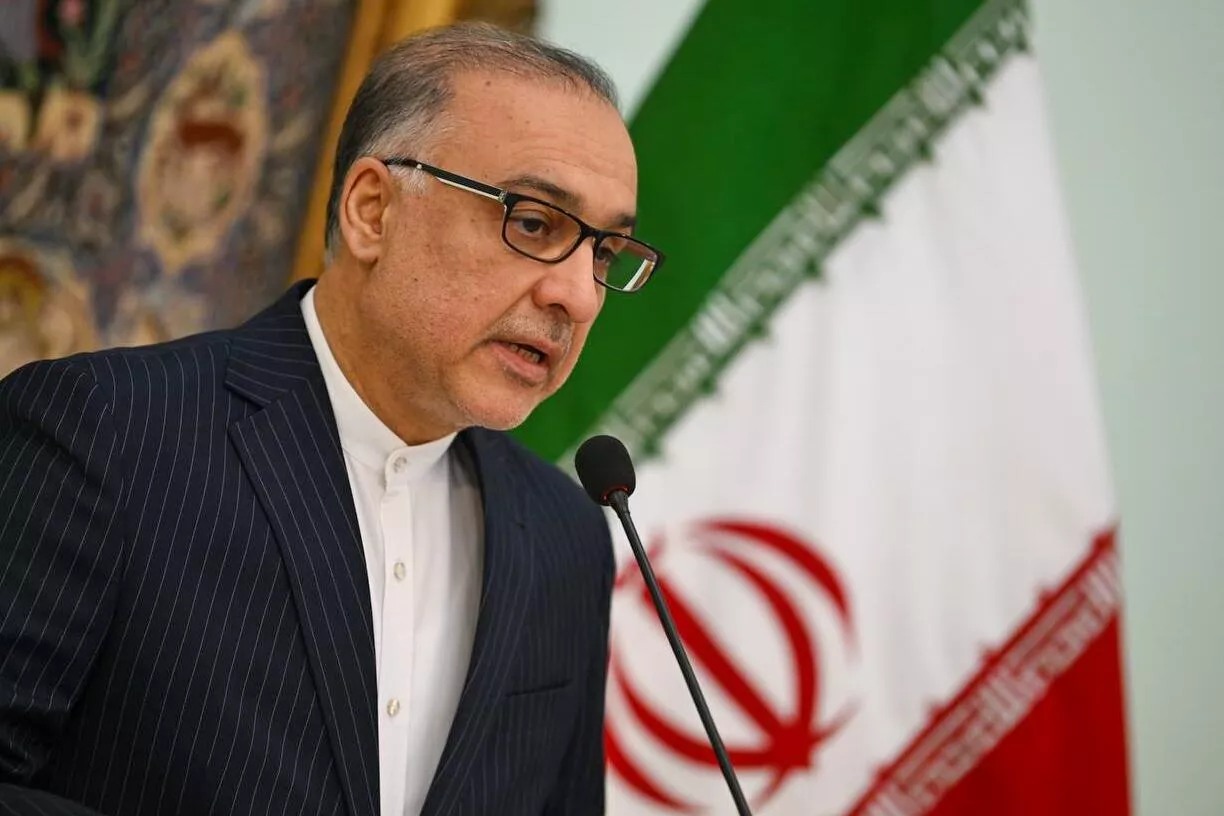'Armenia no longer seen as Russia’s appendage': Key takeaways from Munich conference
Armenia at the 2025 Munich security conference
Armenia participated in the Munich Security Conference, no longer as a mere extension of Russia but as an independent state. The country now aligns itself with France, the United States, and India— a stark contrast to its status before 2018, when it was perceived as lacking sovereignty and seen as “Russia’s appendage.”
Political analyst Hayk Sukiasyan views Armenia’s delegation, led by the prime minister, as a positive step, emphasizing that the conference helped shape the emerging global order. According to him, Armenia is currently “weakened and wounded but truly independent” and is now recognized as a sovereign state:
“Armenia appeared at the Munich Conference as a nation on the path to recovery—one that, for the first time in its history, has signed a strategic cooperation agreement with the United States.”
- ‘Russia shouldn’t be ignored to this extent’ – former Armenian president Robert Kocharyan
- Will Trump shift focus from Ukraine to South Caucasus? View from Yerevan
- ‘US not selling us weapons yet, but we’re interested’ – Armenian Defence Minister
Key meetings for Armenia held in Munich
Prime Minister Nikol Pashinyan was in Munich from February 13 to 16. In addition to attending the conference’s opening ceremony, he held several bilateral meetings, including with German Chancellor Olaf Scholz. According to reports, Scholz reaffirmed Germany’s commitment to supporting both Armenia’s democratic reforms and efforts to establish peace in the region.
During the conference, Pashinyan also met with the OSCE Secretary General, the President of the European Council, the prime ministers of Norway and Croatia, the President of Finland, and the President of Iraqi Kurdistan. Discussions focused on bilateral relations as well as the settlement of Armenian-Azerbaijani relations.
Armenia’s defense minister, Suren Papikyan, also attended the security conference alongside the prime minister. He held bilateral meetings with his counterparts from Italy, Sweden, Luxembourg, Belgium, the Netherlands, Cyprus, Estonia, and Lithuania. According to the defense ministry, these meetings covered bilateral cooperation as well as international and regional security issues.
Also present in Germany was the Chief of the Armenian General Staff, Edward Asryan. In Munich, he held talks with the Chief of the German General Staff, the commander of U.S. European Command, the Supreme Allied Commander Europe of NATO forces, and the head of the NATO Defense College.
Political analyst’s comment
Political analyst Hayk Sukiasyan notes that the Armenian delegation has participated in the Munich Security Conference in previous years. He considers it an important platform where military and political doctrines are shaped. According to him, the conference provided Armenia with another opportunity to present its security vision:
“Moreover, the Munich platform allows us to find partners and assess potential areas of cooperation with different countries. We need to understand global perspectives while also attempting to present our own—even if only in the context of bilateral meetings.”
Discussing Armenia’s new allies, Sukiasyan highlighted the unprecedented level of intergovernmental relations with the United States. He pointed out that Armenia has never had such close ties with Washington, not even during the First Republic before Sovietization.
The analyst emphasized that “for the first time, the Americans have granted Armenia this level of status” in bilateral relations, referring to the signing of the strategic cooperation charter:
“Today, Armenia has established strong, pragmatic relations with India. There is significant potential for military-political cooperation with France. Armenia has ratified the Rome Statute and brought EU observers into the region. This is the position with which it arrived at the Munich Conference. It represents a far more substantial status for the country, and this platform allows us to navigate the future configuration of global security.”
Sukiasyan considers the Crossroads of Peace project and the Real Armenia concept, currently promoted by Armenian authorities, to be important and relevant.
He argues that the ideology of “Real Armenia”—focused on the country’s recognized 29,743 square kilometers—is clear and has allies in the collective West, India, China, and Iran. In contrast, “the concept of ‘Historical Armenia’ has no allies, only enemies.”
Regarding the unblocking of regional transport links, Sukiasyan believes the “Crossroads of Peace” project is understandable to the international community. However, he acknowledges that there is no “global consensus” on the Armenian government’s proposal:
“There are significant global disagreements. But ‘Crossroads of Peace’ is an attractive concept. The world’s major powers, present in Munich and shaping global affairs, view the project favorably. If Armenia continues to push its agenda with determination, it will undoubtedly secure serious allies.”
Armenia at the 2025 Munich security conference




















